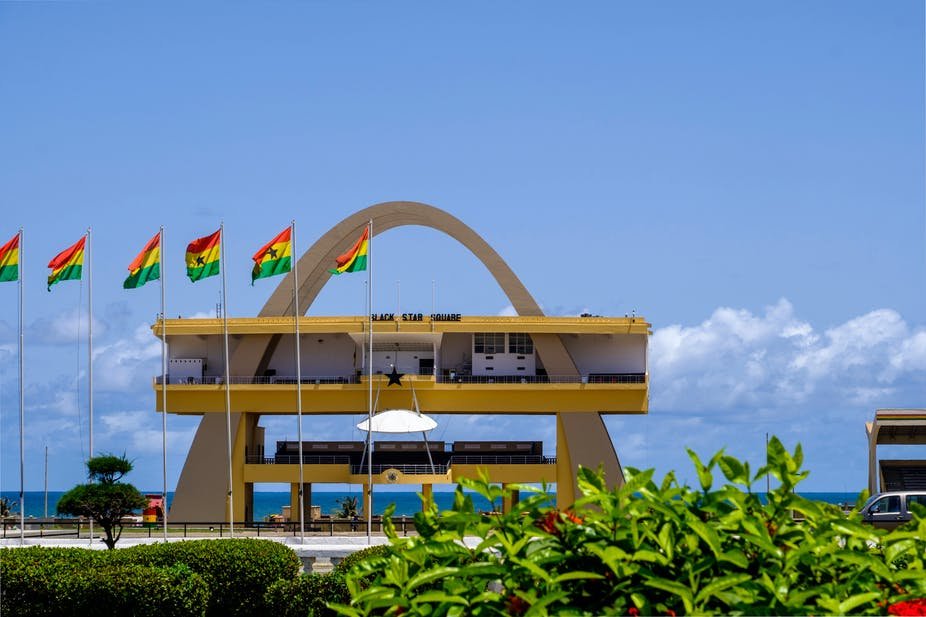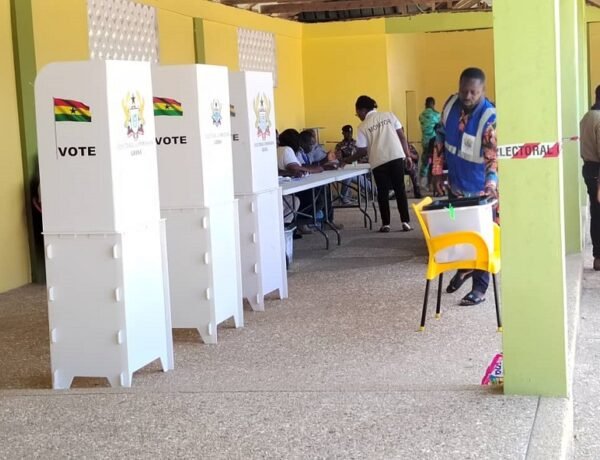Ghana’s democratic experiment has entered its thirty-first (31) years of existence with the active support of the Ghanaian people, public institutions, foreign governments and organisations; and more critically, the two active political protagonists – the National Democratic Congress (NDC) and the New Patriotic Party (NPP) – having assumed privileged positions as the governing parties of the nation’s affairs under the guise of the 1992 Constitution, intermittently. Currently, Ghana is managed by the NPP with Nana Akuffo-Addo as the president; and is in the last thirteen months to end its second term before another general election in twenty-twenty-four (2024). While participatory democracy offers political parties an opportunity to engage the public in spirited debates with a view to pitching creative, innovative and better policies to win votes and also promote the socio-economic, political and cultural wellbeing of the citizenry, the current NPP government’s stewardship of the nation is riddled with grave failings without active opposition.
Amongst such failings are: the Nation’s huge debts incurred as a result of excessive foreign borrowings; failure to mobilise and encourage the agricultural sector to increase food production and cash crops to cater for domestic needs and secure foreign exchange; inability to expand the economy in order to create employment opportunities to absorb the teeming graduates in the system; imposition of absurd taxes upon the citizenry without corresponding increases in salaries/incomes; poor reforms in the educational sector coupled with its attendant feeding crisis; collapses of private banks without due legal processes; huge indebtedness of the Central Bank of Ghana; manipulation of the judiciary especially the apex court; abuses of the citizens’ civil and human rights by government ministers and institutions/agents and excessive corruption and theft by senior appointees in government with impunity. The above list is not exhaustive but provides a snapshot of the misgovernance under the current NPP regime, for which the biggest opposition party-NDC- has woefully failed to aggressively challenge. A situation that portrays the opposition as a party without goals and goalposts.
While Ghana’s democratic architecture is still in its nascent stages compared to established democracies like the United Kingdom (UK), United States of America (USA) and Germany, it is not lost on most Ghanaians what an effective opposition looks like. It is also common knowledge that the NPP uses every minute opportunity and incident creatively and aggressively to score lasting political points whenever they are in opposition; however, the NDC as the dominant opposition party is “soberly conciliatory” and timid to the point of being branded as complicit in sacrificing the dignity and human rights of most Ghanaians. Thus, despite all the range of socio-economic failures by the NPP government, the NDC lies still in a deep slumber whilst condoning and tolerating all the inhumane policies and misgovernance. Furthermore, the NDC’s inability to articulate a clear message imbued with hope to project itself as an alternative government to draw despairing Ghanaians into its fold is alarmingly irresponsible. Moreover, the Opposition’s lukewarm and indecisive attitude to defy the Supreme Court’s partisan approach, which has culminated in the delay to hear the Bank of Ghana and limited registration cases have rendered the NDC as reactionary and impotent by many Ghanaians, seeking out for concrete leadership and guidance during this tumultuous era.
The disillusioned occasioned by such feeble opposition may convince many neutral Ghanaians to accept the distorted view that all politicians or political parties are the same for which reason they may not vote in the forthcoming 2024 presidential and parliamentary elections. This backward approach needs to change and change rapidly if the NDC is to win the support and good-will of the suffering Ghanaians majority of whom are the youth and women.
Coining slogan such as “boot for boot” in itself provides no substantive impacts or results in any political enterprise. This is because public perception of the problems is exacerbated by the deafening silence and purported weakness of the opposition NDC. The sooner some vibrancy is infused into the activities of the Opposition NDC to stir public confidence and assurance within the political discourse and environment the better it will enhance the political fortunes, good-will and acceptance of the NDC. In its current status the Opposition NDC lacks goals and goalposts. No Opposition party has ever won elections with such an accolade. The time to warm the political climate in Ghana to the NDC’s advantage is now.





No Comments